2023 National Coding Symposium 3.0
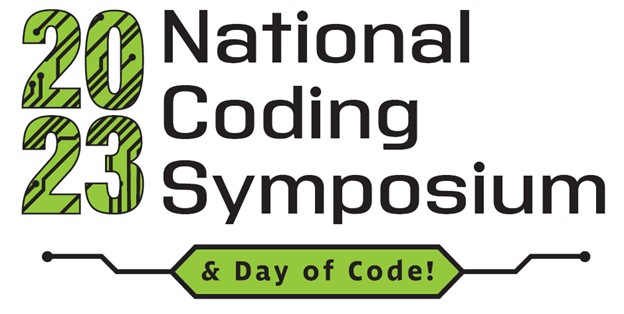
Registration for the Symposium now open!
Please note attendees must register for each day they want to attend separately.
- Day 1 Dec 4 https://aph.zoom.us/webinar/register/WN_ZuvNGRVFSbCytdSPB6JscQ
- Day 2 Dec 5 https://aph.zoom.us/webinar/register/WN_Oi8–DgITneJMMEhJyh1GA
- Day 3 Dec 6 https://aph.zoom.us/webinar/register/WN_soYiwPVqRra28cIsq43Zrw
Coding for ALL
The 2023 National Coding Symposium will, again, be working with educational partners from around the country to feature accessible coding activities that will hopefully inspire you and can be replicated, whether before, after, or during our symposium by accessing our resources page.
The 2023 National Coding Symposium returns for its 3rd year with more opportunities to engage students and all levels of coders! We have moved our event from spring to December to align with Computer Science Education Week, which is the largest learning event in history, aiming to get K-12 students interested in computer coding.
Who Should Attend
What to Expect
Register for the Symposium
Day 1 Program
Day 2 Program
Day 3 Program
Our Sponsors
Student Award
Resources
Who Should Attend?
Students in grades K-College will benefit from attending the Symposium. Different programming codes and products will be discussed as well as career opportunities in programming and related careers.
Teachers of students with visual impairments and assistive technology specialists who would like to integrate coding into their lesson plans and curricula will learn about activities, resources, tips, and pathways to overcoming inaccessible learning platforms and confusing coding lessons. ACVREP credits will be available for live sessions. You must attend the entire day.
Parents will discover information about how to support and encourage a child with an interest in coding.
What to Expect
Coding is fun, challenging, and accessible across platforms and skill levels. Through a series of inspirational speakers, panel discussions, presentations, and demonstration sessions, this Symposium will inspire elementary, middle, high school, and college-age students to become future leaders in careers inclusive of, and related to, programming and software development; and provide teachers the ideas, resources, and support they need to teach coding concepts with ease.
Some of the biggest names in the world of coding will be speaking and answering your questions. Join leaders in the field from Apple, Quorum Programming Language, eye.t, APH, and many more as they discuss their career journeys and share their expertise.
The agenda includes keynote speakers, presentations, panels, and more sessions. Be sure to check back often for updates to the 3-day schedule. Make your plans and register today!
Registration for the Symposium!
Please note you must register separately for each day you want to attend.
- Day 1 Dec 4 https://aph.zoom.us/webinar/register/WN_ZuvNGRVFSbCytdSPB6JscQ
- Day 2 Dec 5 https://aph.zoom.us/webinar/register/WN_Oi8–DgITneJMMEhJyh1GA
- Day 3 Dec 6 https://aph.zoom.us/webinar/register/WN_soYiwPVqRra28cIsq43Zrw
Agenda & Program
Monday, December 4th: Day of Code (Hands-on Coding Activities for All)
Learn about efforts that APH, the Centers for Assistive Technology Training (CATT) and other educational institutions are doing to support students who are blind or low vision with learning coding. There will be content shared from some live events, including lesson plans and activities that you can use to springboard your students’ interest in coding.
Program Day 1: Focus on Student Instruction
Register Now
Keynote: Kids of Coding!
Become energized through the real-life experiences of two High Schoolers who code!
- Day of Code event at the California School for the Blind and Day of Code event at the Washington Talking Book and Braille Library – presented by Adrian Amandi and Leslie Weilbacher
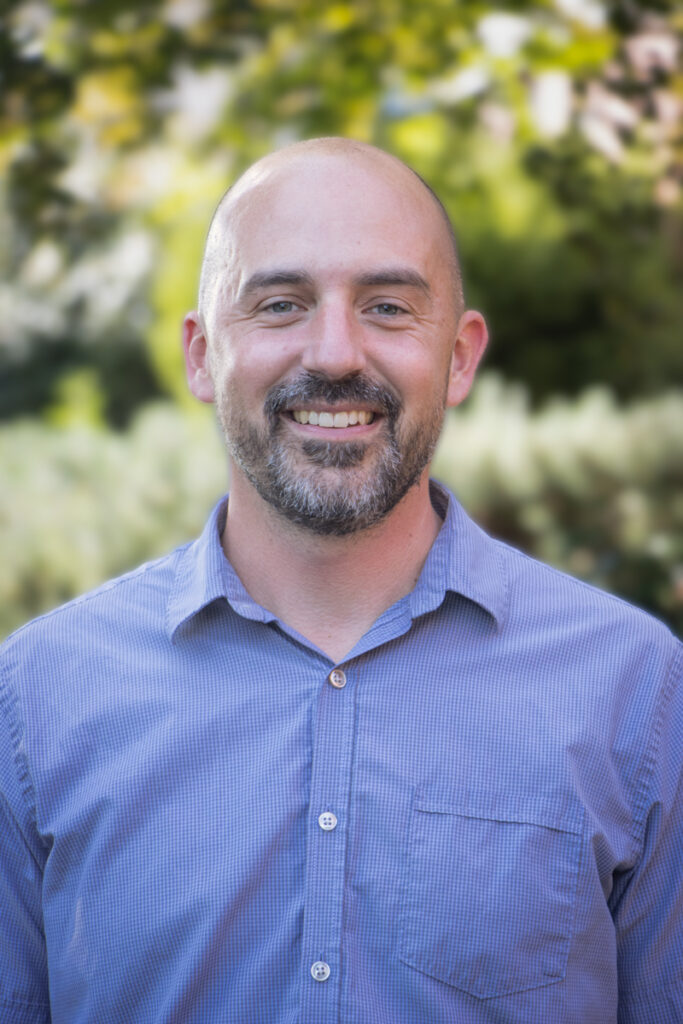
2. TADA Tangible Art and Design Adventures – presented by Lee Chandler, WA Statewide STEM/AT Consultant
Get excited about the unveiling of the TADA! map that will lead teachers and parents on a journey of accessible design and drawing with blind and low-vision students. The journey begins with introductory activities to develop foundational drawing and design concepts, and to advanced activities that apply these concepts to coding and digital arts. TADA! will be available for free and online on December 4, 2023. Download Introduction to Tactile Graphics here.
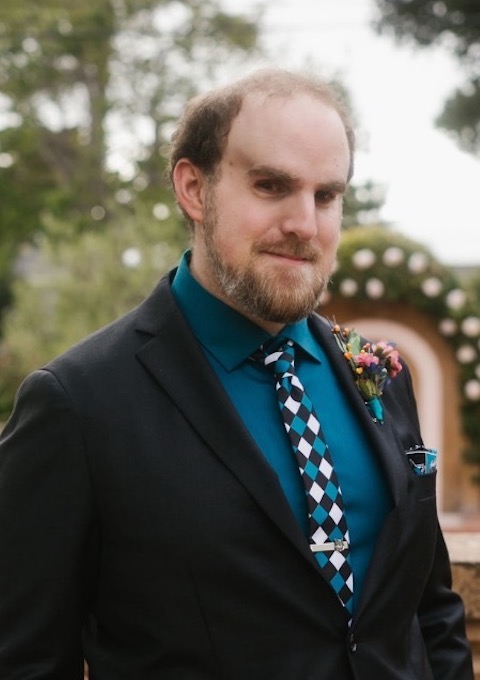
3. BlindSVG and Creating Computer Graphics with SVG Code – presented by Marco Salsiccia, Senior Native Mobile Accessibility Coach
In this session follow along with a live Scalable Vector Graphics coding demo and Intro to the SVG canvas, creating basic shapes, drawing and output techniques, and orientation to BlindSVG.com
Marco Salsiccia is a Senior Native Mobile Accessibility Coach for Deque Systems and lives in Oakland, CA. When not busy helping companies build accessible sites and apps, he enjoys being a blind designer, creating professional logos and tactile graphics either drawing by hand or with code. Prior to losing his vision suddenly in 2014, Marco was a senior animator, VFX artist, and motion graphics designer. The vision loss led him to think he’d never get to draw or build digital illustrations again, and he dove headfirst into accessibility as a career. After discovering tactile drawing tools and SVG code at NFB 2022, he’s loved getting to reconnect to his artistic side again and is thrilled at the opportunity to teach others these techniques, hoping to open many more to the world of blind graphic and tactile design.
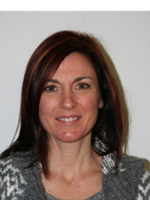
4. “STEAMing” into the School Year with debug’d Coding – presented by Leanne Husk, Bridges Canada
This session focuses on how educators are supported in teaching this new, exciting curriculum and the codesign approach and how it influenced the lessons and materials throughout development. Adaptations for students with multiple disabilities and how they adapted robotics for BLV will be discussed.
Leanne Husk, of Bridges Canada has a background as an educator for students who have complex needs and has certification as a Learning Disabilities Specialist. As a lead instructor for Bridges, she designs and leads workshops and works directly with students and teachers to help them create and implement dynamic and inclusive learning experiences with technology across the curriculum. Leanne first experienced the need for scaffolded instruction and adapted materials when introducing coding to normally developing students. Those experiences were invaluable as she worked, in collaboration with OCAD University, to support Bridges’ curriculum initiative – creating inclusive and accessible coding experiences for ALL.
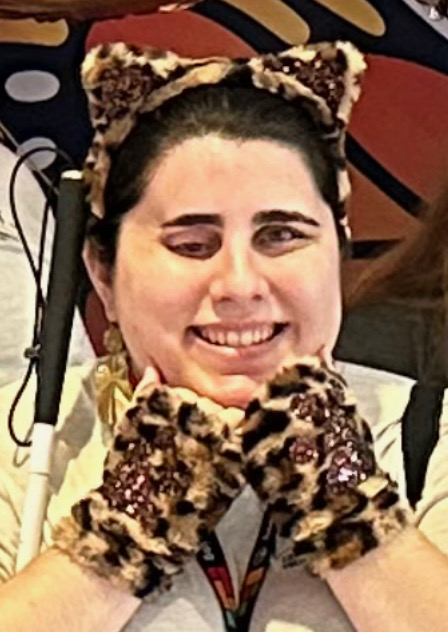
5. ChatGPT for Rendering Graphics – presented by Danielle Montour, CATT-NW Technical Consultant
In this live demo discover how to use word input with GPT to create images. Explore rendering using BeMyAI, PixBlaster, and more!
Danielle Montour, CATT-NW Technical Consultant works at the intersection of humans, computers, and what it looks like when they team up to improve the future. Her time is spent using AI to create images, finding new ways to teach Braille and tactile literacy, making space travel environments more accessible, and codesigning usable augmented and virtual reality environments.
Tuesday, December 5th: Coding Towards Careers (Student Inspiration)
Learning how to code is a pathway to many careers in all areas of technology. There is a growing need for coders of various abilities to support our growing need for digital access. Meet professionals doing this work and learn about the variety of career opportunities in the vast coding field.
Program Day 2: Focus on Careers in Coding
Register Now
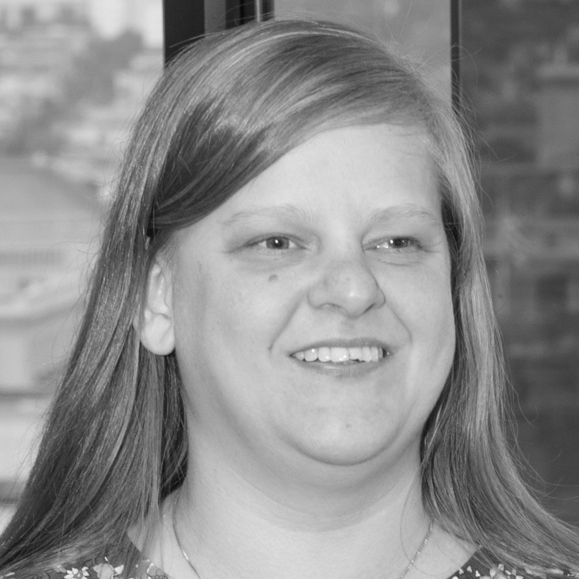
Keynote: Chancey Fleet, “Why is Computer Coding Important to me?”
Chancey doesn’t consider herself a coder; however, coding skills are key is her career.
Chancey is the Assistive Tech Coordinator at New York Public Library, where she leads workshops on tech topics including creative coding, and runs the Dimensions Lab for DIY tactile graphics creation. Learn more: talkingbooks.nypl.org or [email protected]
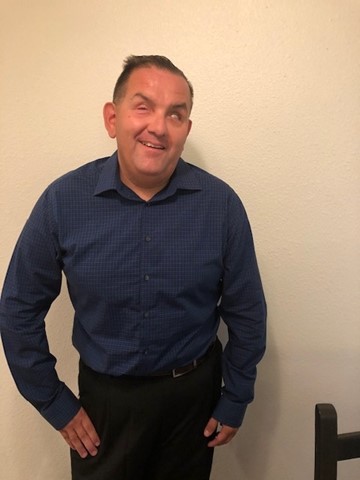
2. What Careers are Out There? a panel discussion moderated by Richard Rueda featuring panelists Lucia Greco – Access Aces, Kiran Kaja – Apple, Lisa McKeown – APH IT
Hear from a panel of successful blind and low vision professionals from a variety of positions in the tech field. Learn what they had as students, accommodations they use now, and how they reached this point.
3. The Job Seekers Toolkit – presented by Richard Rueda and team APH ConnectCenter
The Job Seeker’s Toolkit is to help acquire essential skills necessary for successful employment. Skills and topics reviewed will help students accomplish tasks to help them move towards a successful job search and beyond. The Job Seekers Toolkit, Through a series of five courses on four key components; will help students to build their own toolkit to assist in preparation for the world of work. Learn how the Job Seekers Toolkit, an interactive program can prepare students for successful and gainful employment.
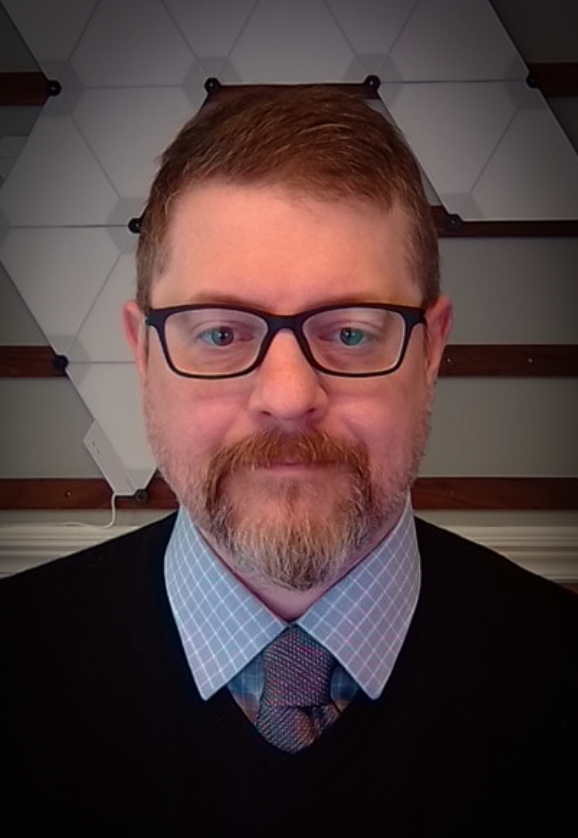
4. GenCyber Careers are Out There – presented by William T. Sabados
Careers in a range of Cyber security roles are the focus of the GenCyber program. Through camps for students with disabilities.
5. Why is Coding Important? – presented by Jeanne Esch & Libby Friedhaber
This presentation will share the collaborative efforts between the Allegheny Intermediate Unit Blind and Visually Impaired Support Program (AIU BVISP) and local educational agencies (LEAs) in bringing Code Jumper to the forefront of general education. Originating as a pilot initiative, Code Jumper has blossomed through the joint endeavors of BVISP teachers, administrators, and their counterparts in general education.
This groundbreaking model of inclusive coding education facilitates joint learning for blind/visually impaired and sighted students, creating an environment that champions inclusivity and equal access to education. The presentation will trace the project’s journey, detailing its expansion through the training of AIU TVIs and the active involvement of general education Computer Science teachers across Allegheny County, PA.
Audience members will glean valuable insights into the triumphs and lessons learned during the program, offering a compelling narrative on the seamless integration of coding education within an inclusive framework. The AIU BVISP’s experience with Code Jumper serves as an inspiring example of how collaboration and innovation can pave the way for meaningful educational opportunities for students of all abilities.
.
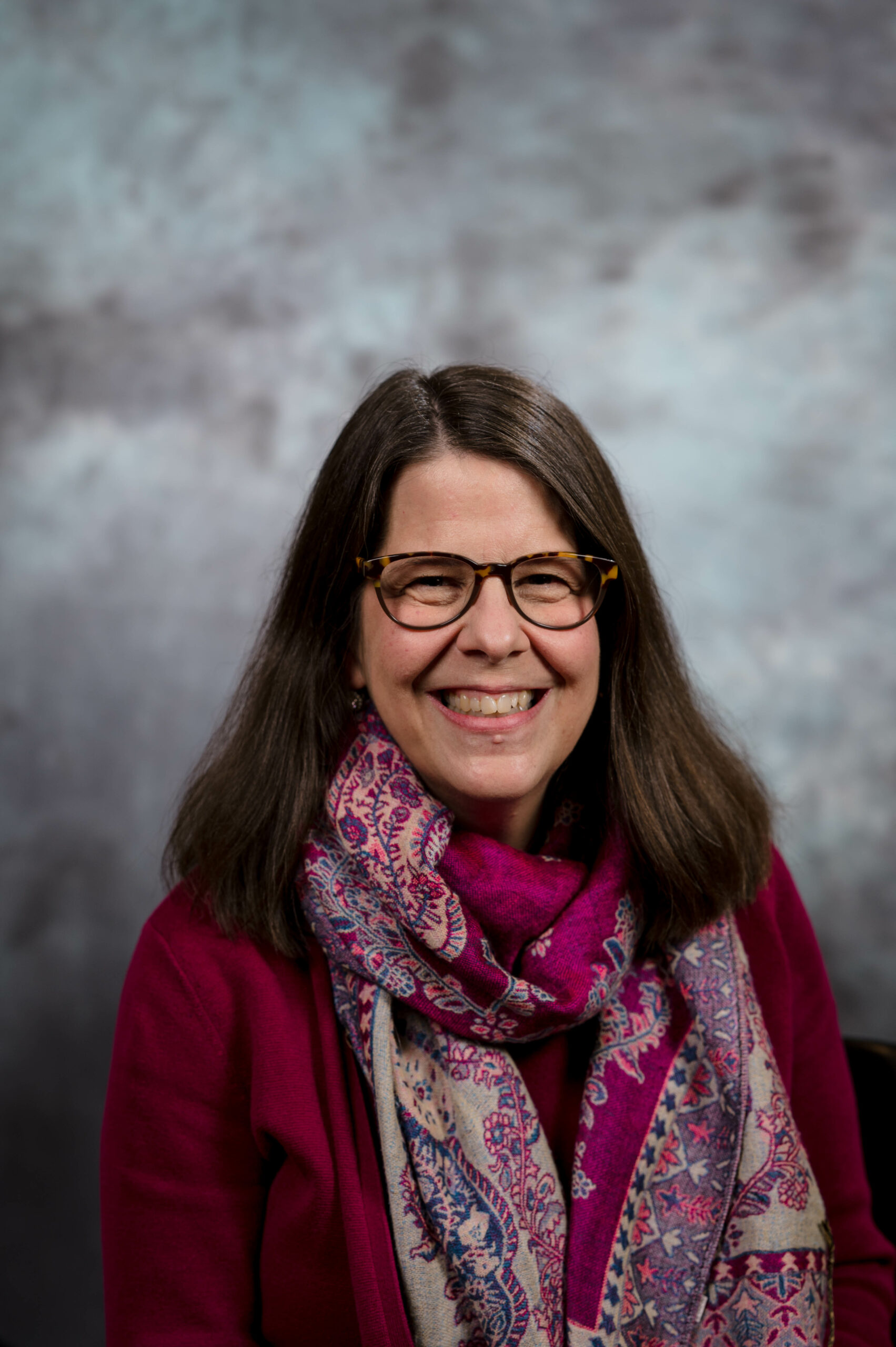
Jeanine Esch is a dedicated professional with over 30 years of experience in the field of education, currently serving as the Program Director of Hearing, Vision, and Communication Access Programs at the Allegheny Intermediate Unit (AIU) in Pittsburgh, Pennsylvania.
Jeanine’s journey in education began three decades ago as a Teacher of the Deaf at the Arizona Schools for the Deaf and Blind. Her passion for serving students with diverse needs led her back to her hometown of Pittsburgh, where her current role has her leading a team of 23 Teachers of the Visually Impaired. These dedicated educators provide critical Vision Support to 38 Local School Districts, and multiple Charter Schools, making a profound impact on the education of students with visual impairments.
In addition to her responsibilities at the AIU, Jeanine serves as the Co-Chair of the Pennsylvania Advisory Committee for the Education of Students who are Blind or Visually Impaired (PACES-BVI). In this role, she collaborates with other experts in the field to shape educational policies and practices that ensure the best outcomes for students facing visual challenges.
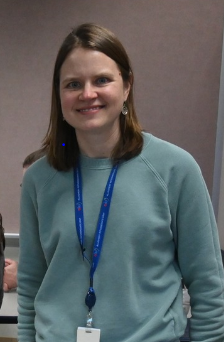
Libby Friedhaber is a dedicated Teacher of the Visually Impaired and Certified Orientation and Mobility Specialist with a passion for making education accessible. Currently part of the Allegheny Intermediate Unit (AIU) Blind and Visually Impaired Support Program (BVISP), Libby’s educational journey began with a Bachelor of Psychology and a Master of Education from the University of Pittsburgh, PA.
Motivated by her experience as a paraprofessional at the School for the Blind, Libby pursued certification as a vision teacher and certified orientation and mobility specialist at the University of Pittsburgh. Over the past decade, she has served as a remarkable itinerant teacher of the Visually Impaired within the AIU BVISP.
Libby’s impact extends beyond the classroom as she has supported numerous students, their families, and general education teams in creating an inclusive learning environment for those who are Blind or Visually Impaired. Her commitment to accessibility and educational equity has made her a valued asset to the AIU BVISP community.
Wednesday, December 6th: Supporting Coding Opportunities Throughout the Year
We know that coding is for ALL LEARNERS and it does NOT need to be taught in isolation and can easily be built into meaningful lesson to engage all levels of learners. Join in on the conversation about creative ways to build coding vocabulary and structures into a variety of subject matter beyond the scope of traditional computer science.
Register Now
Program Day 3: Focus Supporting Coding Year Round

Keynote: Andreas Stefik – professor of computer science at the University of Nevada, Las Vegas. For the last decade, he has been creating technologies that make it easier for people, including those with disabilities, to write computer software. He helped establish the first national educational infrastructure for blind or visually impaired students to learn computer science and invented the first evidence-based programming language, Quorum. The design of Quorum is created from data derived through methodologies similar to those used in the medical community. He has been a principal investigator on 8 NSF-funded grants, many of which related to accessible graphics and computer science education. Finally, he was honored with the 2016 White House Champions of Change award and the Expanding CS Opportunities award from Code.org and the Computer Science Teachers Association.
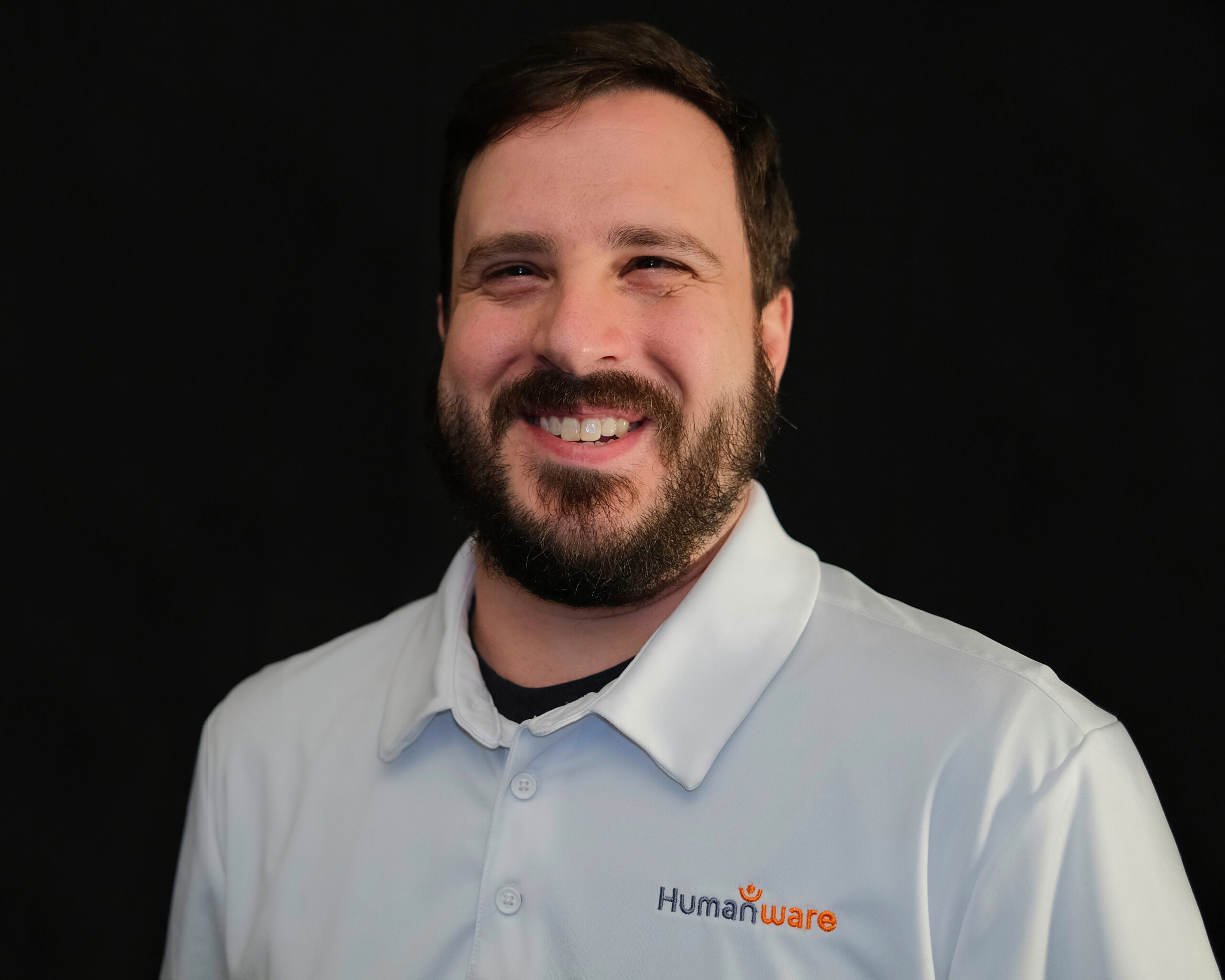
- Accessible Block Coding with Quorum – presented by Andreas Stefik
- Key Code and Robotics with the BrailleNote Touch Plus – presented by Peter Tucic, Humanware Join Peter Tucic from HumanWare for a closer look at the KeyCode application. This braille-centric python editor which runs on the BrailleNote Touch Plus allows for use of your preferred braille code, and is also compatible with the Micro-Bit computer. Peter will demonstrate how easy it is to create and compile code in braille with a tangible result thanks to the micro-Bit.
- Python and Code Jumper – presented by Katrina Best, APH and Michael McDonald, APH
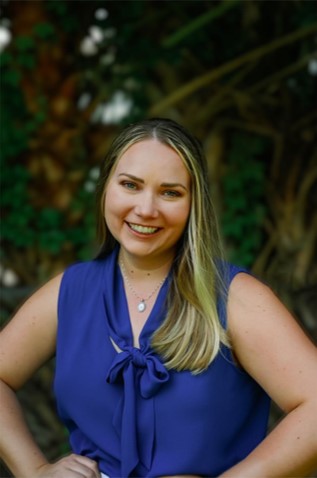
Katrina Best is the Accessible Coding Product Manager with APH. She has experience working as a Certified Assistive Technology Instructional Specialist for individuals with visual impairments, a Certified Vision Rehabilitation Therapist, a Certified Orientation and Mobility Specialist, and a Teacher of Students with Visual Impairments. Her experience prior to working at APH includes serving as an itinerant TVI and O&M for 9 years in Illinois and Florida, working as an Assistive technology specialist for nonprofits, as well as co-founding a start-up educational assistive technology training company for teachers, students, and parents, and contracting as an Assistive Technology Trainer within the state of Florida. Katrina received her Bachelor of Science in Education as a Specialist in Low Vision and Blindness from Illinois State University and her Master of Science in Education in Visual Disabilities from Northern Illinois University. Katrina is passionate about accessible technology and equitable access!
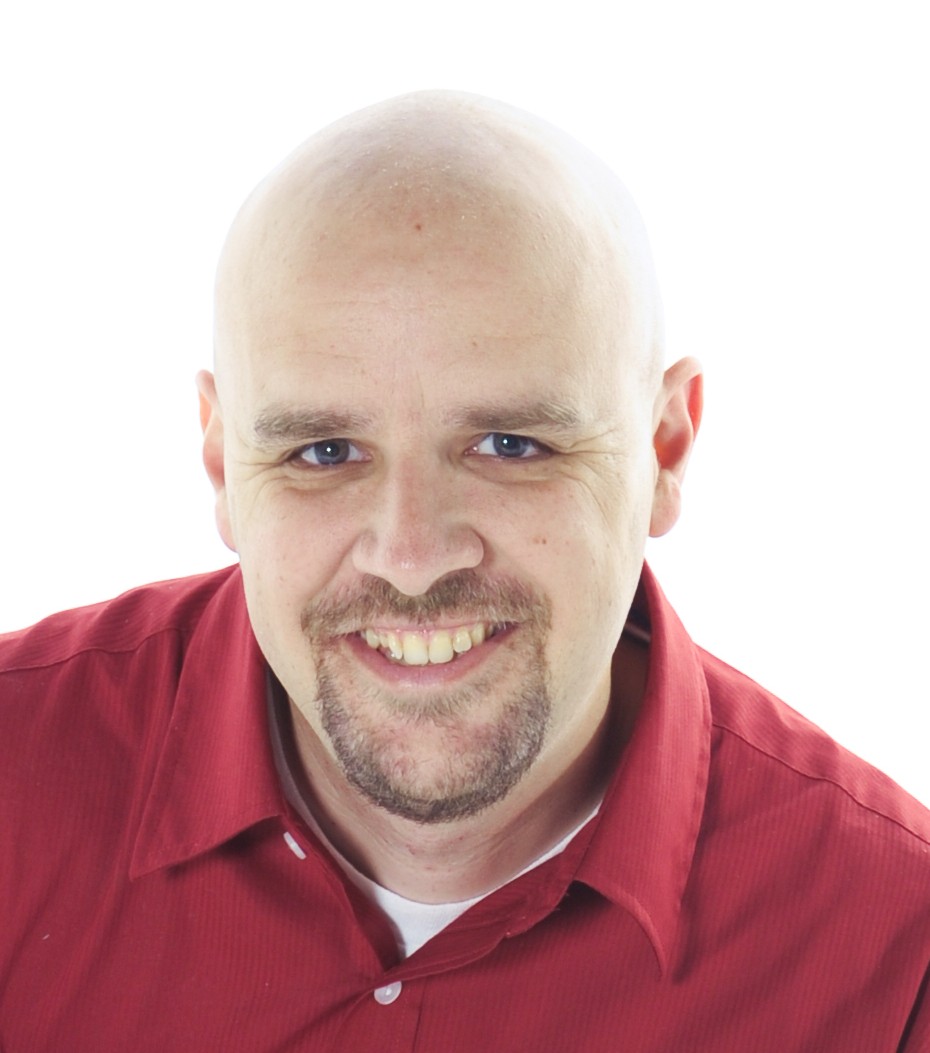
Michael McDonald is a Senior Software Engineer at the American Printing House for the Blind in Louisville, KY. He received his B.S from the University of Kentucky in Computer Science with a minor in Mathematics in 1996. After beginning his career writing CAD/CAM software he moved to new opportunities creating software to help the blind and visually impaired. At APH he has been involved in a number of projects including the development of a PDA for the blind, several Braille Literary and Math tutorials, and several web based projects. When not at work he enjoys traveling and spending time with his wife and three kids.
- Intro to SRT: Your Resource for All Things Screen-reader – presented by Max Avendano CSB
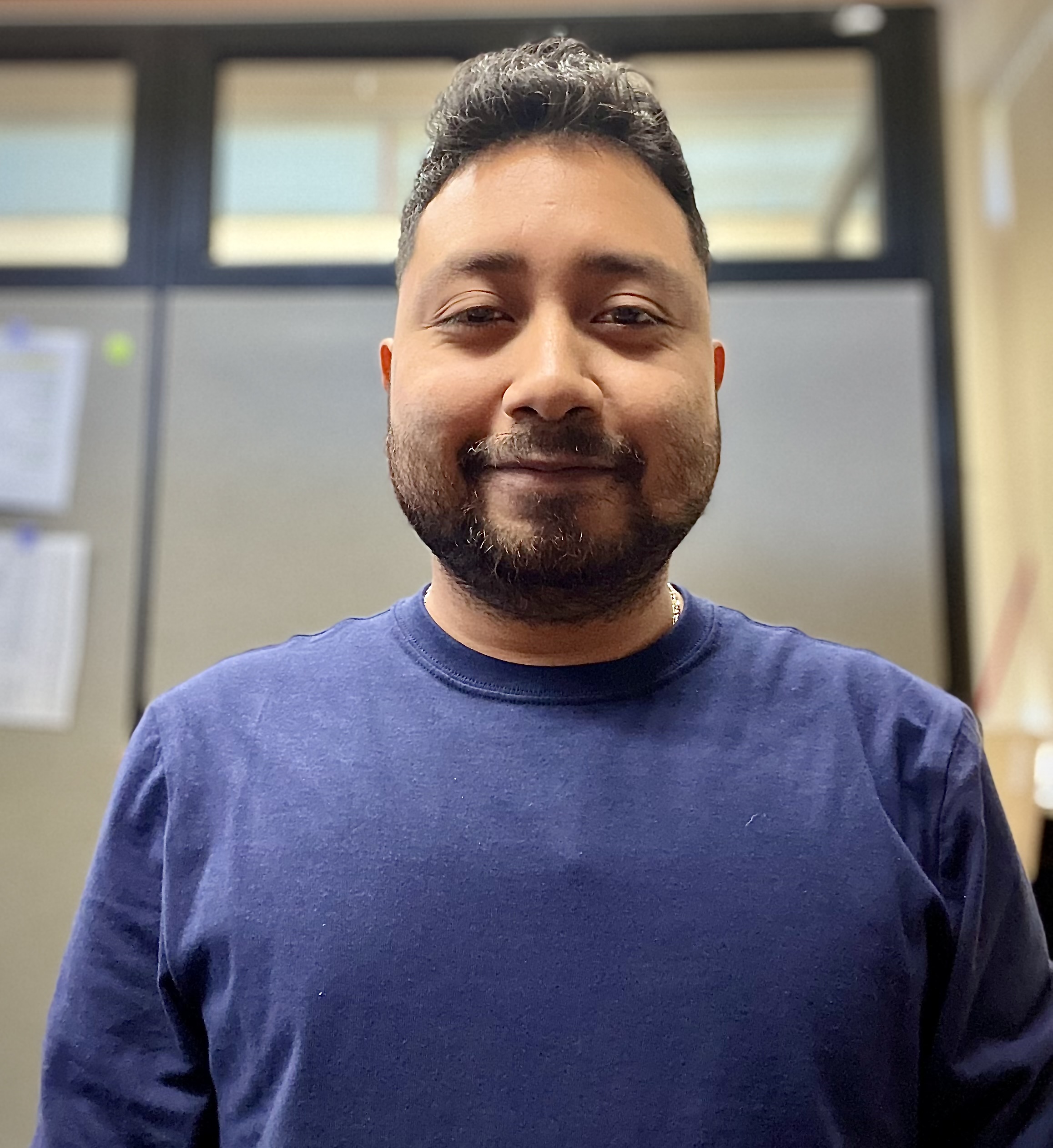
SRT is the California School for the Blind’s Screen Reader Training Website. Designed for individuals with visual impairments, SRT introduces students to the world of screen readers—assistive technology that fosters growth and independent access. Whether you’re navigating with VoiceOver, mastering JAWS or NVDA, exploring ChromeVox, or diving into the interactive Game Portal, the SRT is constantly evolving. Learn, explore, and connect with us at SRT—where every keystroke unlocks a door to a more accessible future.
5. Before You Code! – presented by Cody Laplant, eye.t
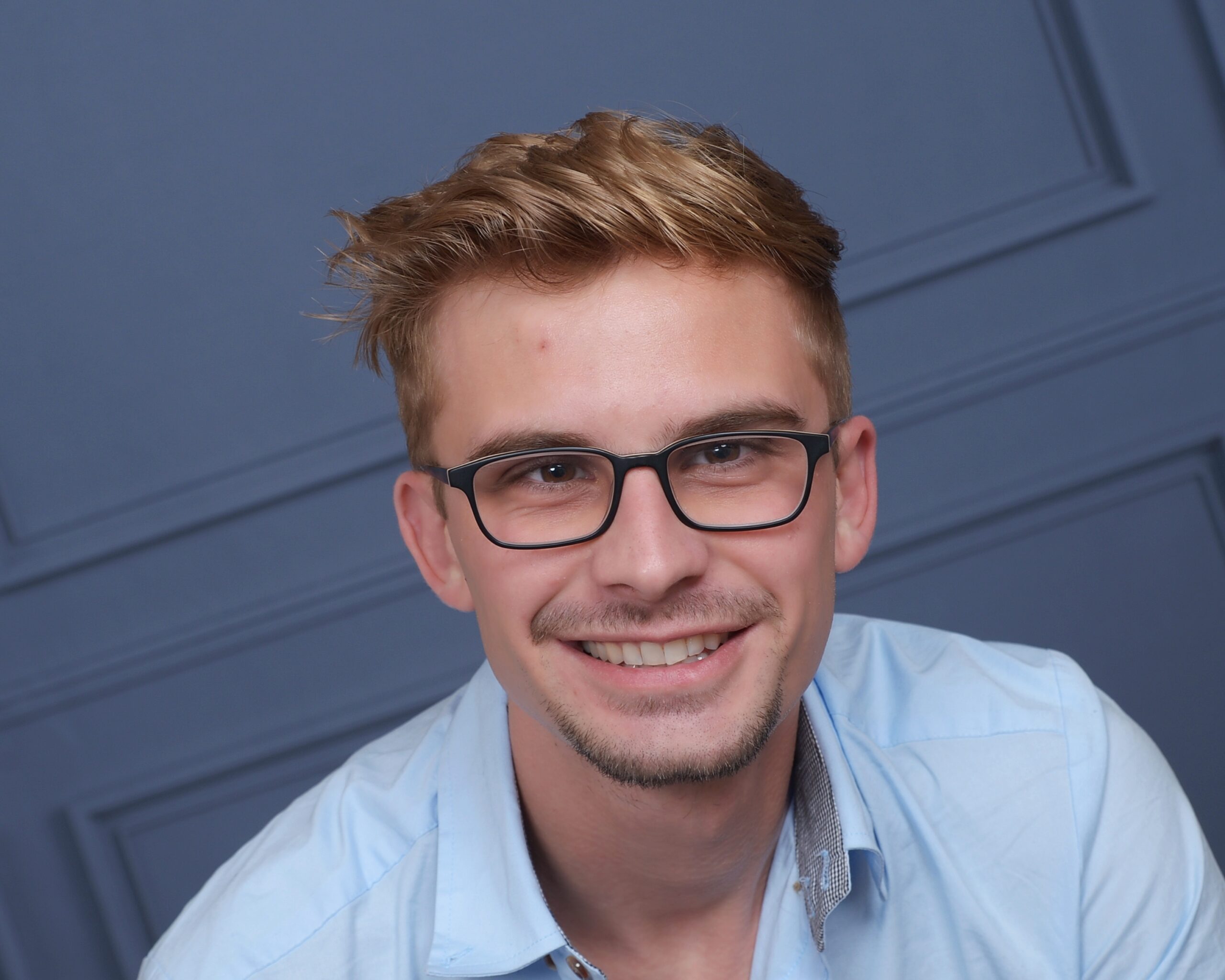
Let’s talk about the 5 assistive technology skills you need before you even begin to code. You need to start with the foundations. Make sure you know your assistive tech, so you can make it in a tech field.
2023 National Coding Symposium Student Award Opportunity
The National Coding Symposium is excited to partner with Humanware, Vispero, and the American Printing House for the Blind to offer student awards as part of this year’s Symposium! Vispero will be giving two credits of $3,000 each towards a purchase of technology from any of their brands. Humanware will be giving a BrailleNote Touch+ and a Robotics Kit, and the American Printing House for the Blind will be giving either an available braille device or low vision device depending on the student.
A product specialist from each of these organizations will connect with award recipients and their TVIs (if applicable) to help choose the most appropriate device.
Who is eligible to apply?
- Eligibility is limited to middle to high school and college-aged students who are visually impaired and interested in a career related to coding.
- Each applicant must complete the scholarship application form linked below and submit a typewritten Word .doc/.docx essay of 500 words or less.
Apply for the Student Award Now
Thank you!
Resources
Join the discussion